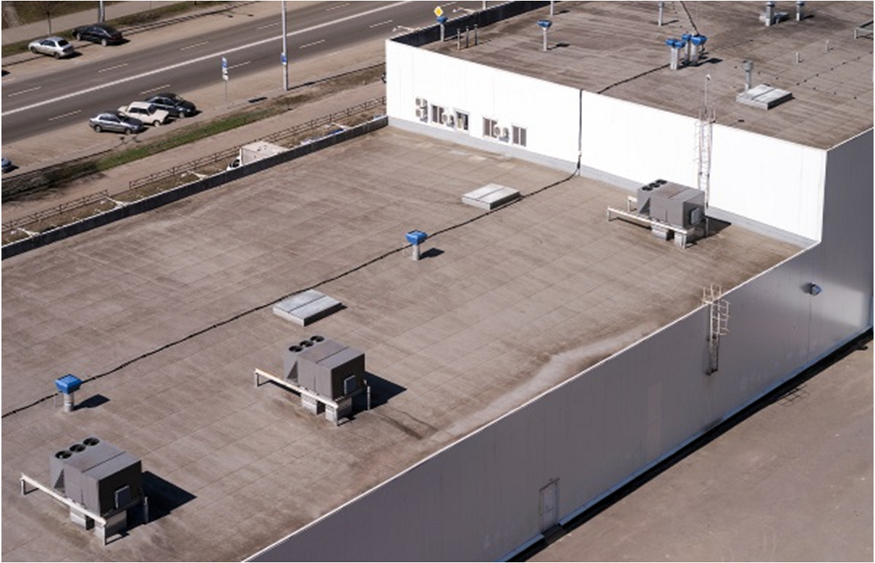
A roofing system, while simple in its purpose, is vital to keeping a building dry and maintaining its watertight integrity. Over the past half-century, the choices for low-slope commercial roofing systems (with pitches from 1/4:12 up to 3:12) have significantly expanded.
Liquid Applied and Spray Foam Roofing Systems
This manual discusses liquid-applied membrane roofing options, including hot and cold polymer-modified asphalt, single-component asphalt, or coal-tar-extended urethane, and two-component urethane-elastomer. For these membranes to work effectively, the substrate must be well-prepared—free of dust, dry, and any cracks repaired.
Liquid-applied coatings are low in permeability, self-flashing, and versatile for use on contoured surfaces. However, they require a consistent thickness and lack high elasticity. The NRCA offers an online course that delves deeper into liquid-applied roofing membranes.
Metal Roofing Systems
Metal roofing is among the oldest roofing systems globally, with its roots tracing back to bronze tiles like those on Rome’s Pantheon. Lead roofing was used in medieval European cathedrals and castles. Nowadays, low-slope metal roofs are often made from corrugated steel or other metals like copper, aluminum, stainless steel, and tin. They offer durability, heat resistance, and wind resistance but can be pricier compared to other flat roof solutions.
The Metal Construction Association provides resources for those interested in low-slope metal roofs. They are recommended for industrial, commercial, and institutional buildings due to their ability to handle the elements, drain water effectively, and keep occupants and contents dry. The MCA conducts technical studies and research projects, offering free resources like white papers and manuals.
Asphalt Roofing Systems
IKO Industries and other reputable manufacturers offer a range of commercial roofing systems based on asphalt. Asphalt is a long-lasting choice for low-slope roofs and is divided into three categories: Modified Bitumen, Built-Up Roofing (BUR), and Hybrid Systems. Asphalt membrane systems, including base sheets and self-adhesive membranes, are part of IKO’s offerings.
Built-Up Roofing Systems (BUR)
Popular in North America for over a century, BUR systems consist of layers of bitumen (asphalt) and roofing felts. These felts can be reinforced with glass-fiber mats, organic mats (plysheets), or both. The number of “plies” or layers on a roof indicates the system’s strength. BUR systems provide multiple layers of protection, so if one layer fails, the others remain intact. They offer great thermal shock resistance, excellent membrane strength, and can handle various building stresses.
BUR systems are available in SBS, organic, or fiberglass felts, providing flexibility for different building needs. They are known for their superior fire resistance and offer reflective surfacing options for improved membrane protection and resistance to mechanical maintenance and foot traffic.
This post was written by professionals at Commercial Roof Services. Commercial Roof Services takes immense pride in being a leading Commercial Roofing Doral, FL and industrial roofing company dedicated to providing top-tier roofing solutions for businesses and industries of all sizes. With a proven track record and a team of highly skilled professionals, CRS has become a go-to choice for clients seeking unmatched roofing services.

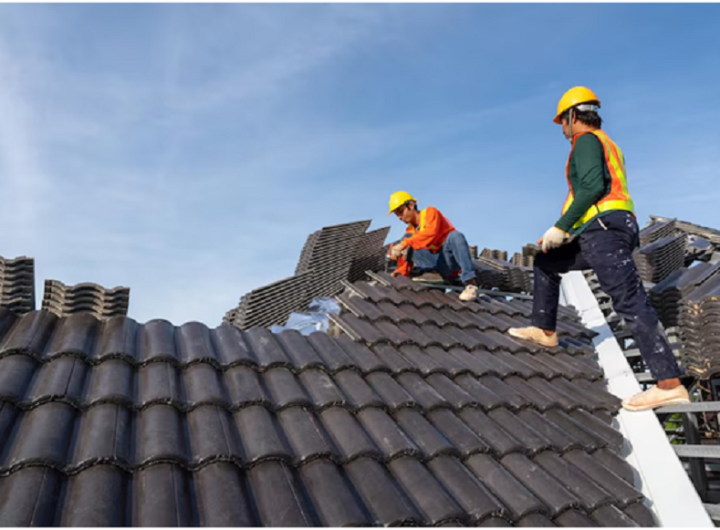 Choosing Roofing Companies That Specialize in Home Roof Repair
Choosing Roofing Companies That Specialize in Home Roof Repair 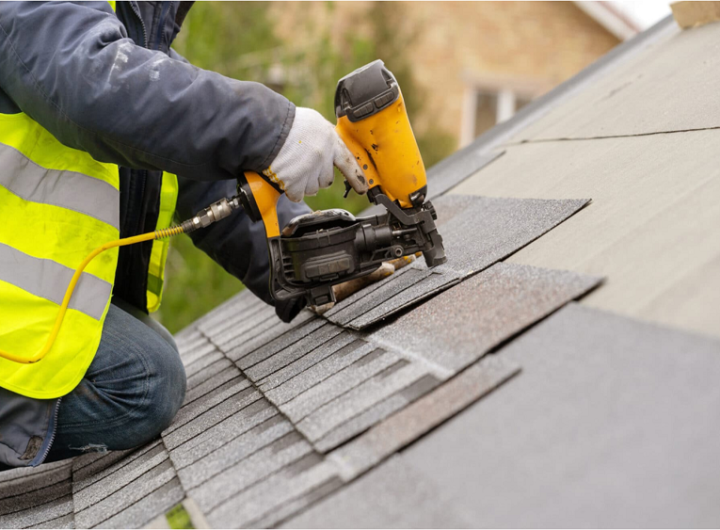 What Is Roofing Repair, and Why Is It Important?
What Is Roofing Repair, and Why Is It Important?  Benefits of Metal Roofs for Florida Homes
Benefits of Metal Roofs for Florida Homes 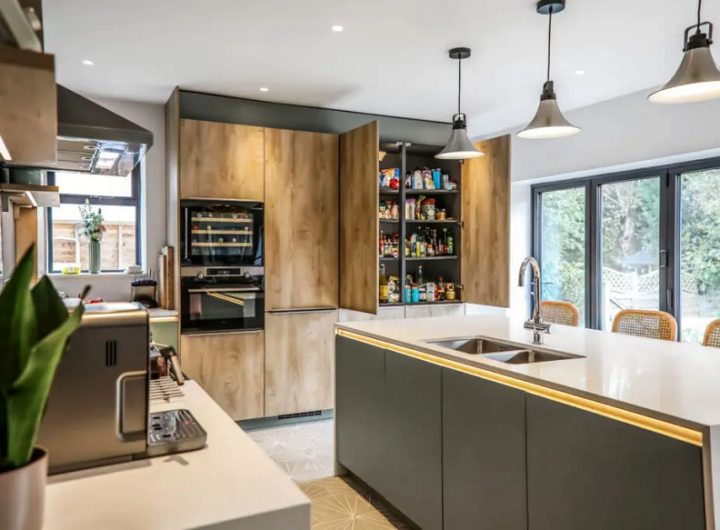 Designer Kitchens & Bathrooms: How to Choose Style That Truly Works for You
Designer Kitchens & Bathrooms: How to Choose Style That Truly Works for You 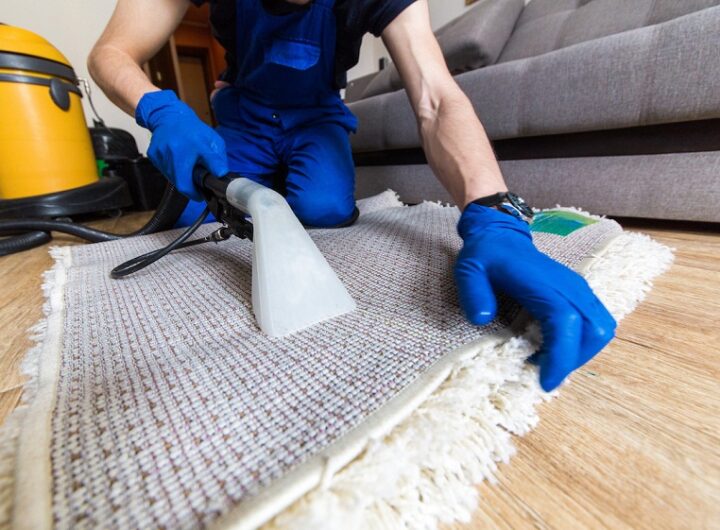 How Often Should You Vacuum Your Carpet?
How Often Should You Vacuum Your Carpet? 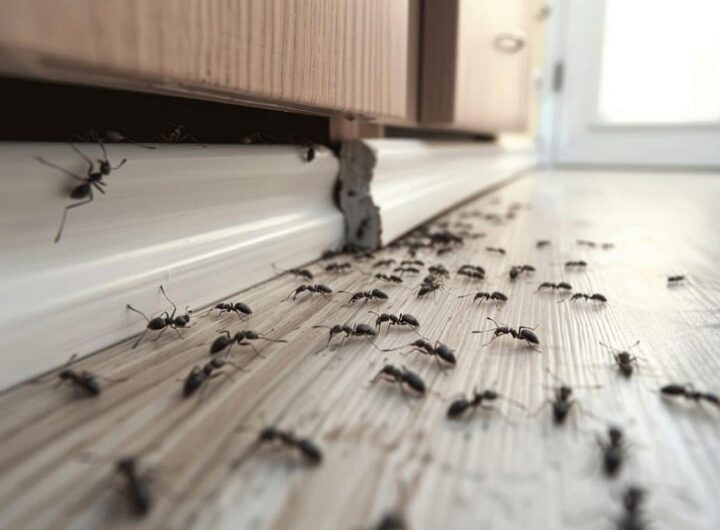 Myths about Pest Control Services in Clermont: You Need the Experts!
Myths about Pest Control Services in Clermont: You Need the Experts! 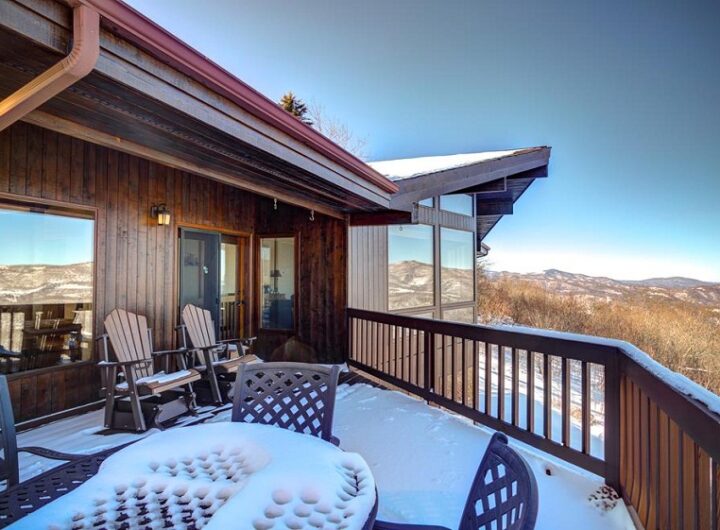 A Log Cabin State of Mind
A Log Cabin State of Mind